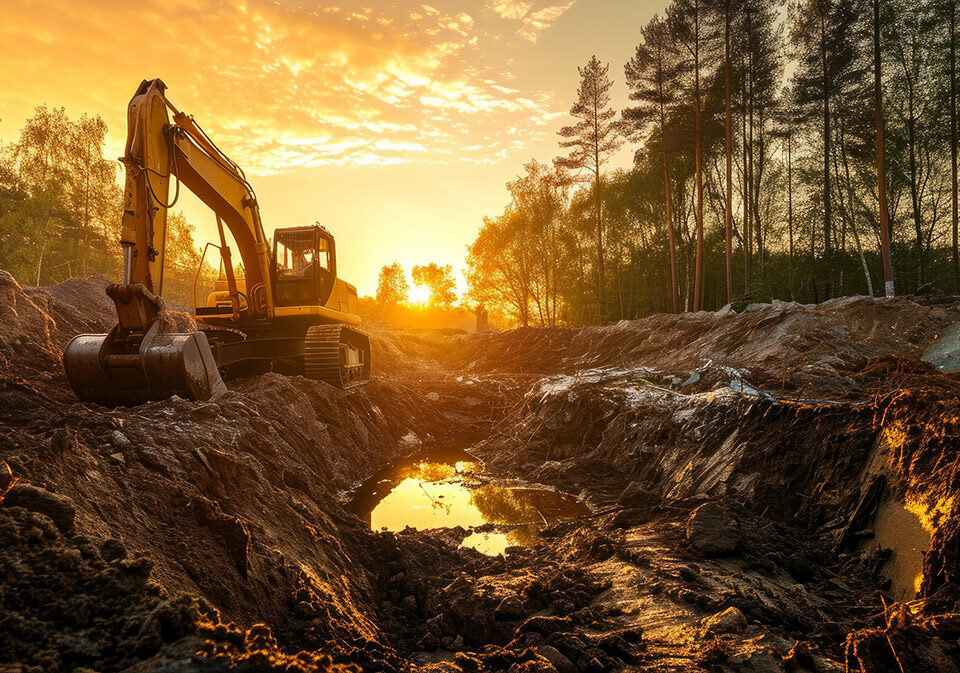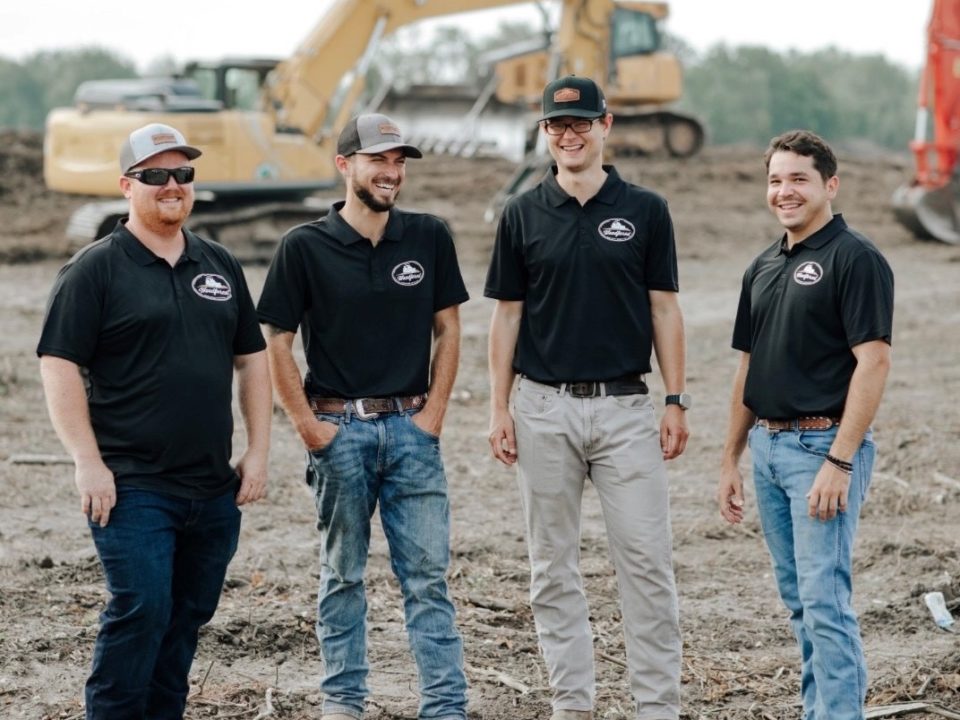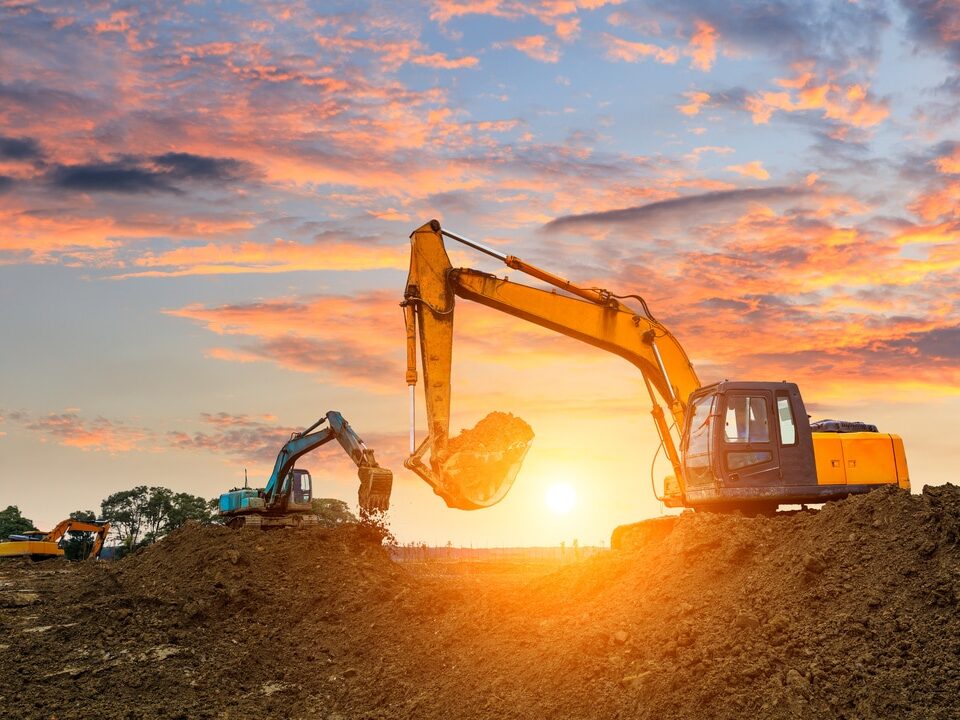- Call Today for a FREE Estimate:
- +1 (936) 202-2692
The Impact of Preventative Maintenance on Your Bottom Line in Construction Industry

Commercial Land Development Trends
May 28, 2023
Why Choosing a Reliable Earthworks Company is Crucial for Construction Sitework
August 23, 2023As a construction company owner, the last thing you want to do is halt operations due to equipment failure. Maintaining your heavy equipment is critical to keeping your projects on track and on budget. The best way to stay ahead of any potential issues is through preventative maintenance. In this post, we’ll discuss the importance of preventative maintenance on your heavy equipment and how it can impact your financial bottom line within the company.
Cost Savings: Preventative maintenance can help save costs in the long run. Regularly scheduled maintenance can help identify potential equipment problems before they turn into major issues. Malfunctions, breakdowns, or equipment failure can lead to hefty repair costs, which can be avoided through regular maintenance. It’s not uncommon for minor repairs to turn into major costs if left unchecked for too long.
Increased Equipment Lifespan: Most heavy equipment is designed to last for a long time, but only if it is properly maintained. Preventative maintenance ensures that your equipment is running smoothly, which helps to extend its lifespan. By identifying and repairing minor issues before they turn into major ones, you can help ensure that your equipment lasts for years to come.
Reduced Downtime: Downtime can be costly for any construction company. It leads to delays in project timelines, missed deadlines, and lost revenue. Regular preventative maintenance helps to minimize the amount of time that your equipment is out of commission. By staying ahead of any potential issues, you can keep your equipment up and running, reducing downtime and keeping your projects on track.
Improved Safety: Heavy equipment poses a significant safety risk if not properly maintained. Preventative maintenance helps to identify and fix any issues that may cause safety concerns. By ensuring that your equipment is safe to operate, you can help protect your employees and minimize the risk of accidents or injuries on the job site.
Enhanced Resale Value: Whether you plan to upgrade your current fleet or sell old equipment, regularly scheduled maintenance can help improve resale value. Prospective buyers will be willing to pay more for equipment that has been well-maintained. This can help offset the cost of new equipment or provide some extra cash flow for your company.
In conclusion, preventative maintenance on your heavy equipment is critical to the success of your construction company. Not only does it help keep your projects on track, but it also has a significant impact on your financial bottom line. By avoiding costly repairs, extending the lifespan of your equipment, reducing downtime, improving safety, and enhancing resale value you can reap the benefits of preventative maintenance. Make sure to create a maintenance plan and stick to it regularly to avoid potential downtime. With proper maintenance, you can keep your business operational, profitable, and safe.





